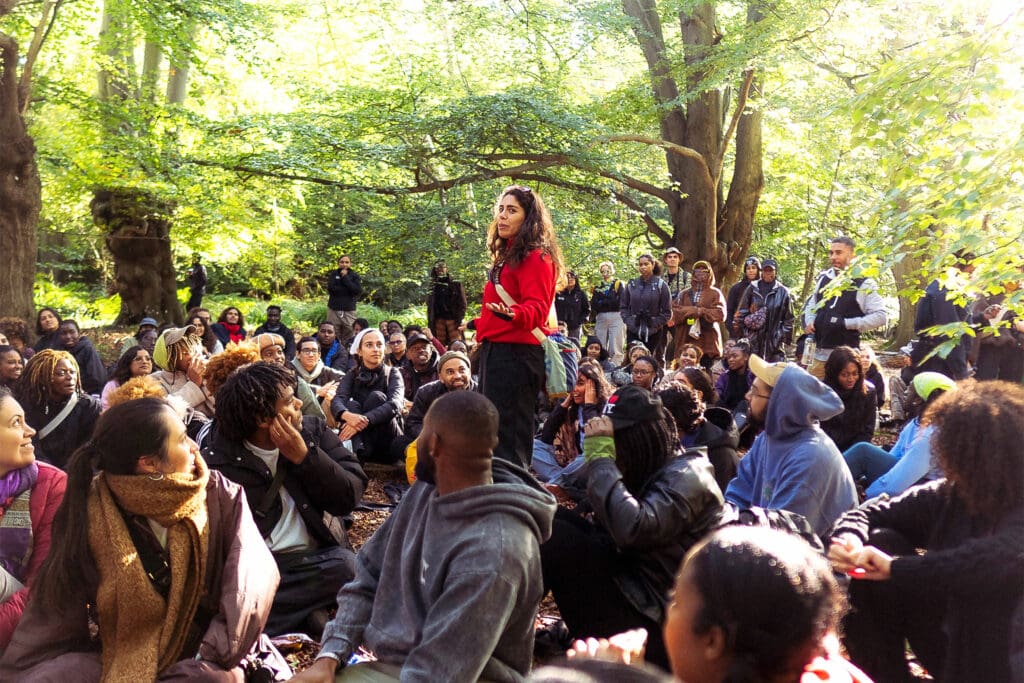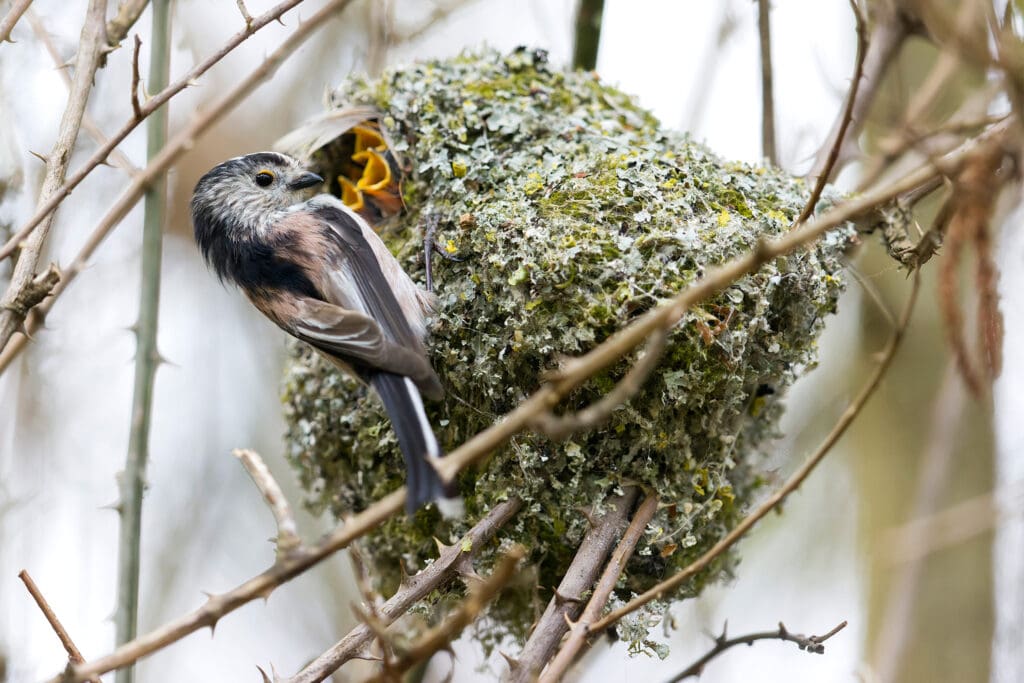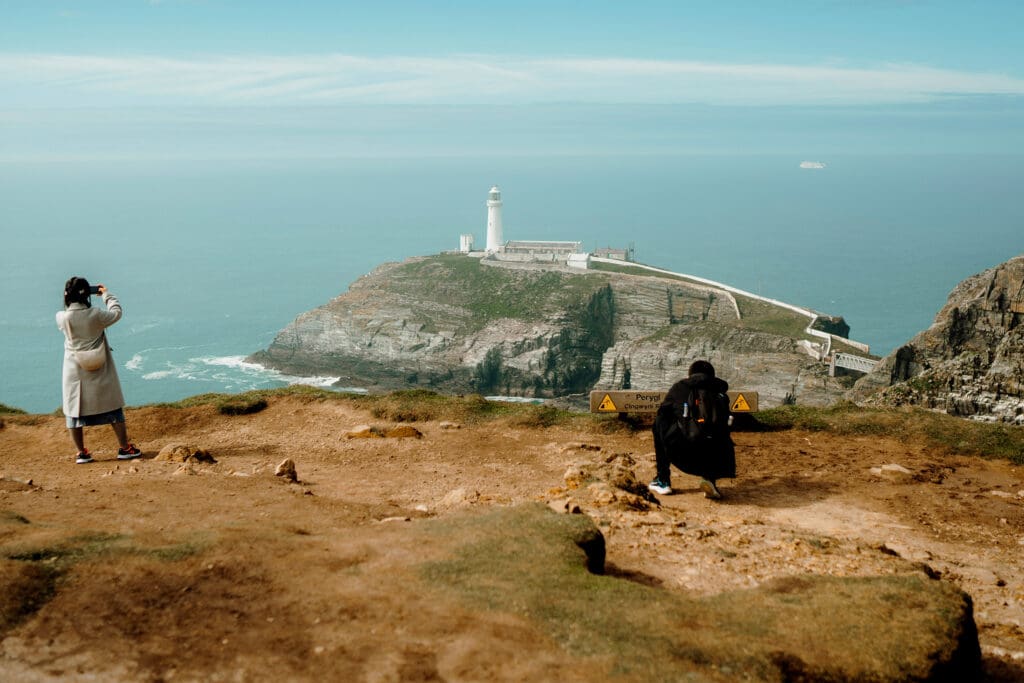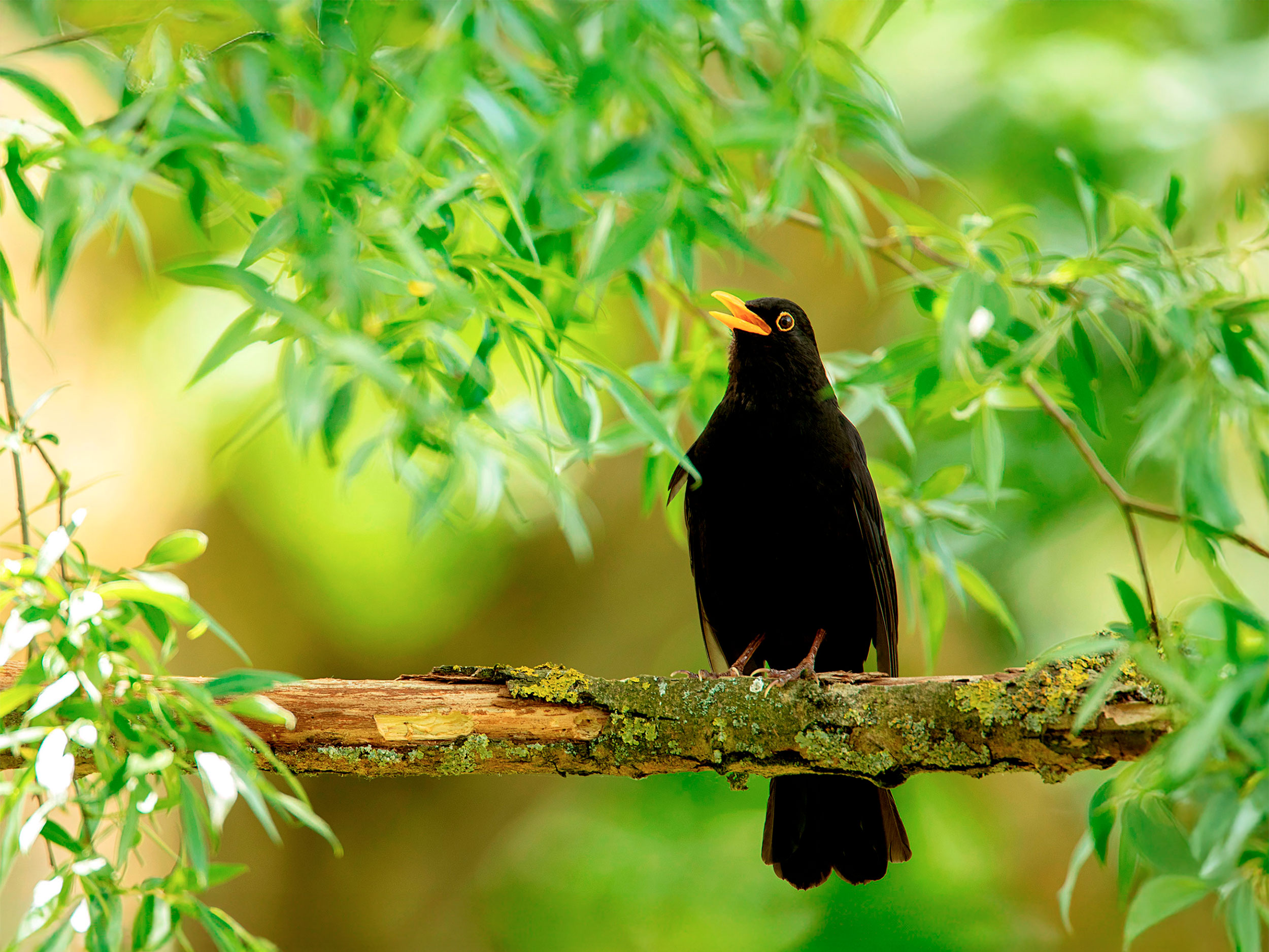It’s 4am and I am pulling up outside the entrance to Wormwood Scrubs, my west London local patch. It is late April and still dark and I am walking through the tiny strip of woodland that runs parallel with the busy Scrubs Lane; a road that never seems to be free from traffic. Yet, the thin cover of trees does a good job masking the sounds of the early morning motorists. It’s enough to hear what I came to witness: the dawn chorus. For me, springtime is announced and anointed by rapturous birdsong. It lifts the most sullen of spirits and warms the hearts of those tired of the long, dark days of winter.
So, what exactly is the dawn chorus? It is far more than our romantic vision of the birds celebrating the onset of spring by singing for our benefit. After the doldrums of winter, the onset of the longer, warmer days of spring coupled with the increased availability of insects and other invertebrates kickstarts the birds into action. The singing begins in earnest just as the trees start to bud and flowers bloom. Birds sing prior to the dawn to take advantage of the dead time before their insect prey becomes active when the sun rises. This quiet period is a great time to proclaim their territories to allcomers, and the loud singing carries further in the still air.
The message to the females is an invitation to come and check out the handsome male’s amazing territory with loads of food and a great spot to raise a healthy family. And that’s the thing, the male’s potential partner can tell by the quality of his cantor whether he is healthy and free from parasites and infection and thus worthy of getting together with.
At the same time, the male’s song also serves as a warning for rival males to stay out of his hard-earned territory.
For me, springtime is announced and anointed by rapturous birdsong
I remember as a child in primary school being made to sing the hymn ‘Morning Has Broken’. Even at that early age I was into birds in a big way and I particularly liked the line ‘Blackbird has spoken like the first bird’. In a strange way, I saw it as a verification of my strange fledging hobby that absolutely nobody else shared. Interestingly, the hymn was a Scottish ditty that was originally composed back in the early 30s. The composer must have been a birder. Why? Because it is true, Blackbirds are amongst the first of the avian choir to pipe up. In fact, it is the insectivorous birds that lead the singing, joined by the seedeaters as dawn approaches.
As I cock my ear to listen to the first avian utterings, I hear a couple of competing Robins followed by Blackbirds and Wrens. It starts with random individuals singing from a variety of scattered locations around me, including birds singing from nearby private gardens. Eventually, it becomes an amazing cacophony of sounds all around me emanating from a range of species. It is almost deafening. As dawn approaches, migrant birds such as Blackcaps and Chiffchaffs have joined in the fray. The last to add their voices are the Goldfinches, Greenfinches and House Sparrows. Then, when the sun rises the chorus of singing dissipates.
I implore you to get up early one calm spring morning to experience this amazing natural phenomenon. And, it doesn’t matter where you are, even if you are in the middle of the concrete jungle, just open your window and listen or pop to a local park with tree cover as, in varying degrees, this show is on everywhere. The dawn chorus does not happen on just one day. It is a gradual build-up starting as early as late February, with birds such as Mistle Thrushes classically starting proceedings. But, a great time to get yourself out of bed super early is around International Dawn Chorus Day on Sunday 5 May.
Getting up early is not everybody’s cup of tea but you know what they say: the early bird gets the worm!
Listen to this feature here:
Find out how to identify the songs of common birds you may spot in your garden in this Birdsong and the Dawn Chorus webinar (recorded in May 2023). Video: the RSPB
You might also like

Breaking barriers

Identifying birds’ nests



